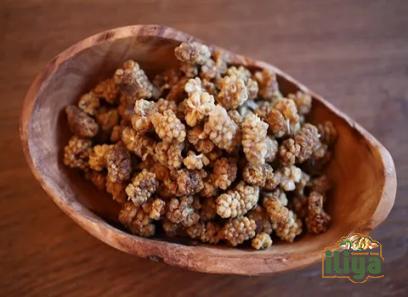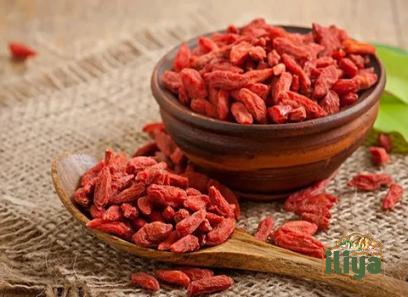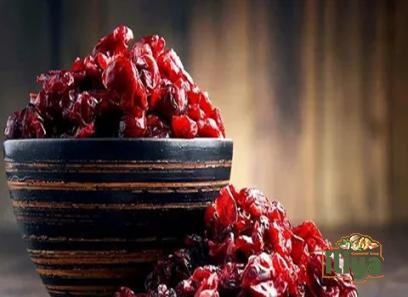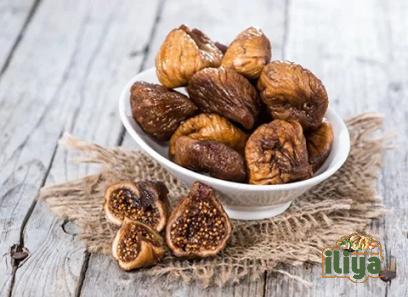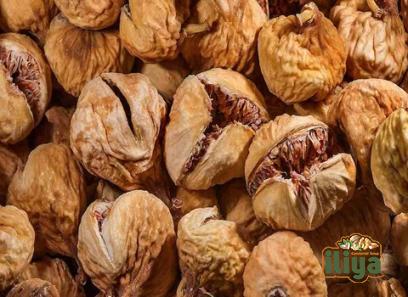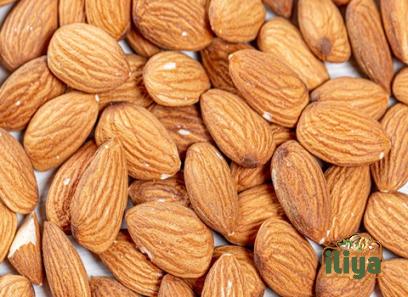The cashew nut industry plays a vital role in India’s economy, with the country being one of the largest producers and exporters of cashew nuts globally. This article provides an overview of the cashew nut industry in India, highlighting its historical significance, production trends, major players, export markets, challenges, and future prospects.
Historical Significance:
India’s association with cashew nuts dates back several centuries. The Portuguese introduced cashew trees to Goa in the 16th century, and subsequently, it spread to other parts of the country. Over the years, India developed a reputation for producing high-quality cashew nuts, which positioned it as a key player in the global market.
Production Trends:
India is blessed with conducive climatic conditions for cashew cultivation. The major cashew-growing states in India include Maharashtra, Kerala, Karnataka, Tamil Nadu, Andhra Pradesh, and Goa. The ideal combination of soil, temperature, and rainfall has enabled India to consistently produce large quantities of cashew nuts, making it one of the largest producers globally.
The production of cashews in India has witnessed significant growth over the years. According to the Cashew Export Promotion Council of India (CEPCI), India produced over 7.5 lakh metric tons of cashew nuts in 2019-2020, reflecting an upward trajectory in production. Improved farming techniques, increased cultivation area, and better varieties of cashew trees have supported this growth.
Major Players:
The cashew nut industry in India comprises various stakeholders involved in different stages of the value chain. From farmers and processors to exporters and traders, each plays a crucial role in the industry’s success.
Farmers: Small and marginal farmers predominantly cultivate cashews in India. They own small landholdings and often form associations or cooperatives to collectively process and market their produce.
Processors: Cashew nuts undergo several processing stages, including shelling, drying, grading, and packaging. Both small-scale and large-scale processors operate across the country, with many located in states like Maharashtra, Kerala, and Tamil Nadu.
Exporters: India’s cashew nut exporters have established strong ties with international markets. Companies such as Olam International, the Achal Cashew Industries, and Vijayalakshmi Cashew Company are prominent players in the export market.
Markets and Exports:
India’s cashew nut exports have been consistently growing, making it one of the leading players in the global market. The country’s strategic location, well-established supply chains, and competitive pricing have contributed to its success.
The major export destinations for Indian cashew nuts include the United States, the European Union, the Middle East, and Southeast Asia. These regions have a significant demand for cashews due to their usage in various sectors, including food processing, confectionery, and ingredient manufacturing. Indian exporters cater to this demand by providing high-quality cashew nuts conforming to international standards.
Challenges:
Despite its growth and success, the cashew nut industry in India faces certain challenges that require attention and proactive measures.
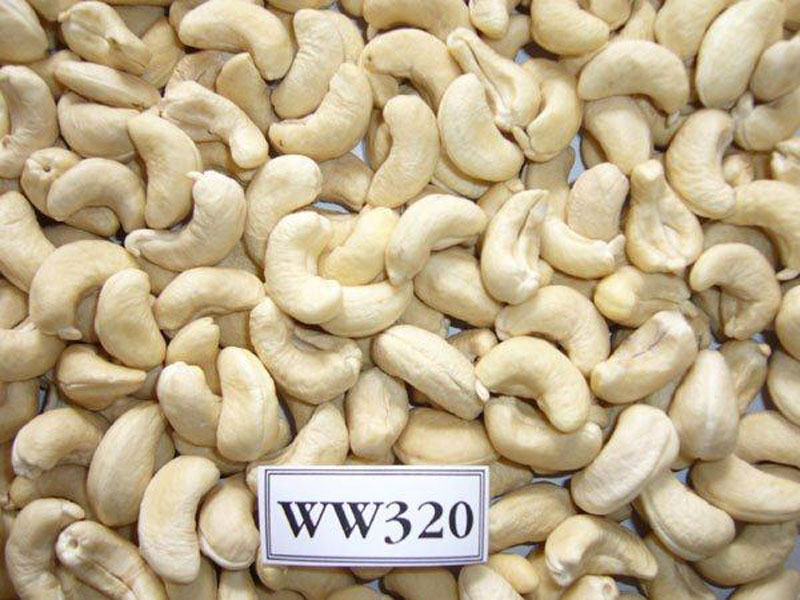
Low productivity: The average yield per hectare in India is comparatively low, mainly due to outdated cultivation practices and limited usage of technology. Farmers need assistance and support in adopting modern farming techniques to increase productivity.
Quality control: Ensuring consistent quality throughout the value chain is crucial for sustaining India’s position in the global market. Proper grading, sorting, and storage facilities need to be made available to prevent spoilage and maintain quality standards.
Market competition: While India is a major player in the cashew nut industry, it faces competition from countries like Vietnam, Brazil, and Tanzania. These countries often offer competitive prices, making it essential for Indian exporters to focus on product quality, innovation, and building strong relationships with buyers.
Future Prospects:
The future of the cashew nut industry in India seems promising, with several factors working in its favor.
Increasing demand: The global demand for cashews is expected to grow steadily due to factors such as rising health consciousness, an increase in vegan and vegetarian diets, and the popularity of plant-based protein sources. India, being a significant supplier of cashew nuts, is well-positioned to benefit from this growing demand.
Government support: The Indian government has been proactive in promoting and supporting the cashew nut industry. Initiatives such as providing financial assistance to farmers, facilitating technological advancements in processing, and promoting exports through various trade fairs and exhibitions have been undertaken by both central and state governments.
Value addition: Apart from raw cashew nuts, there is a growing trend of value addition within the industry. Companies are investing in processing facilities for the production of cashew kernels, cashew butter, cashew milk, and other cashew-based products. This diversification can lead to higher profits and enhanced market opportunities.
Conclusion:
The cashew nut industry in India has made significant strides, emerging as a global leader in cashew production and export. With favorable climate conditions, increasing demand, government support, and a strong focus on quality, India is well-positioned to further strengthen its position in the global cashew nut market. By addressing challenges related to productivity, quality control, and market competition, the industry can continue to thrive and contribute to the country’s economic growth.I. Growth and Expansion of the Cashew Nut Industry
The cashew nut industry in India has witnessed remarkable growth and expansion over the years. This can be attributed to various factors, including increased cultivation area, improved farming techniques, and a rise in demand from both domestic and international markets.
A. Expansion of Cultivation Area
India has witnessed a significant expansion in the cultivation area dedicated to cashew nut production. Farmers have been encouraged to adopt cashew cultivation as it is a profitable and sustainable crop. The Indian government has provided various incentives and support to farmers, including financial assistance and training programs, to promote cashew cultivation. This has resulted in an increase in the area under cashew cultivation, ensuring a steady supply of raw cashew nuts.
B. Adoption of Modern Farming Techniques
The adoption of modern farming techniques has played a crucial role in boosting the productivity and quality of cashew nuts in India. Farmers are now using advanced irrigation systems, fertilizers, and pest control methods to enhance crop yields. Additionally, the use of hybrid cashew varieties that are disease-resistant and high-yielding has further contributed to increased production.
C. Rising Demand from Domestic and International Markets
The growing awareness of the health benefits associated with cashew nuts has led to increased consumption in both the domestic and international markets. Cashews are widely used as a healthy snack, ingredient in various dishes, and as a source of plant-based protein. This has created a surge in demand for cashews, not only in India but also in countries like the United States, the European Union, and the Middle East.
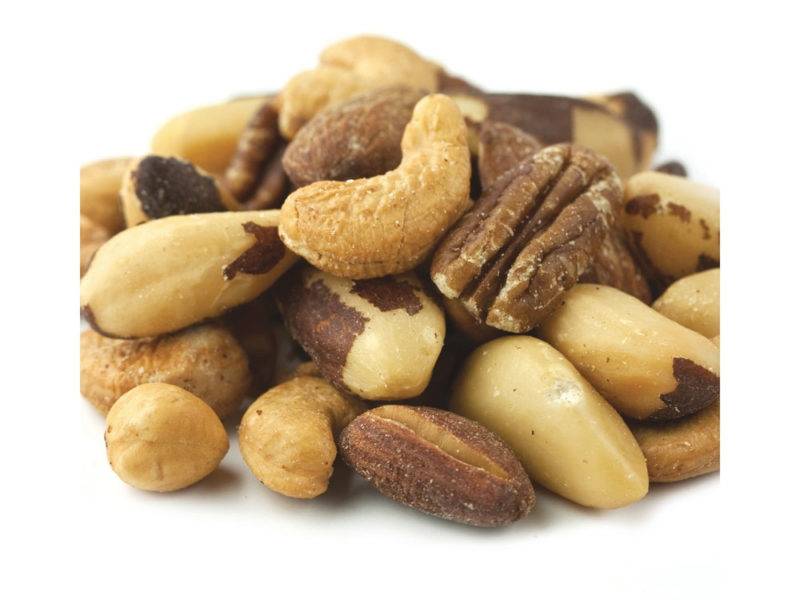
II. Export Potential and Market Opportunities
India has emerged as a major exporter of cashew nuts, capturing a significant share of the global market. The country’s favorable climate for cashew cultivation, coupled with competitive pricing and high-quality standards, has positioned India as a preferred supplier in international markets.
A. Export Markets
The United States, the European Union, the Middle East, and Southeast Asia are the primary export markets for Indian cashew nuts. These regions have a strong demand for cashews due to their usage in various industries, including confectionery, bakeries, and food processing. Indian exporters have strategically established strong ties with these markets, ensuring a consistent supply of high-quality cashews.
B. Competitive Advantage
India enjoys a competitive advantage in the global cashew nut market due to several factors. Firstly, the country has a well-developed infrastructure, including ports, logistics, and transportation networks, which facilitates smooth export operations. Secondly, Indian cashew nuts have gained a reputation for their superior quality and taste, making them highly sought after in the international market. Lastly, India’s competitive pricing allows it to offer cashews at attractive rates compared to competitors.
C. Diversification and Value Addition
To seize more market opportunities and enhance profitability, Indian companies are increasingly focusing on value addition and diversification within the cashew nut industry. This involves processing cashew kernels into various forms such as roasted cashews, flavored cashews, cashew butter, and cashew milk. By offering these value-added products, Indian exporters can cater to different customer preferences and further differentiate themselves in the market.
III. Key Challenges Faced by the Cashew Nut Industry
Although the cashew nut industry in India has experienced significant growth, it faces certain challenges that need to be addressed to sustain and further propel its progress.
A. Productivity Constraints
One of the major challenges faced by the industry is the low productivity levels in cashew cultivation. Farmers often lack access to advanced farming techniques, modern machinery, and technology that can optimize yields. Low investment in research and development for the cashew sector further hampers productivity improvements.
B. Quality Control and Standards
Ensuring consistent quality throughout the cashew value chain is crucial for maintaining India’s reputation as a producer of high-quality cashew nuts. There is a need for proper grading, sorting, and packaging facilities to minimize spoilage and maintain uniform quality standards. Efforts must also be made to comply with international food safety regulations and quality certifications to meet customer expectations.
C. Market Competition
India faces tough competition from other cashew-producing countries, such as Vietnam, Brazil, and Tanzania. These countries have established themselves as formidable players in the international cashew market, offering competitive prices and maintaining product quality. Indian exporters need to continually innovate, invest in research and development, and create unique value propositions to stay ahead in the market.
IV. Government Initiatives and Support
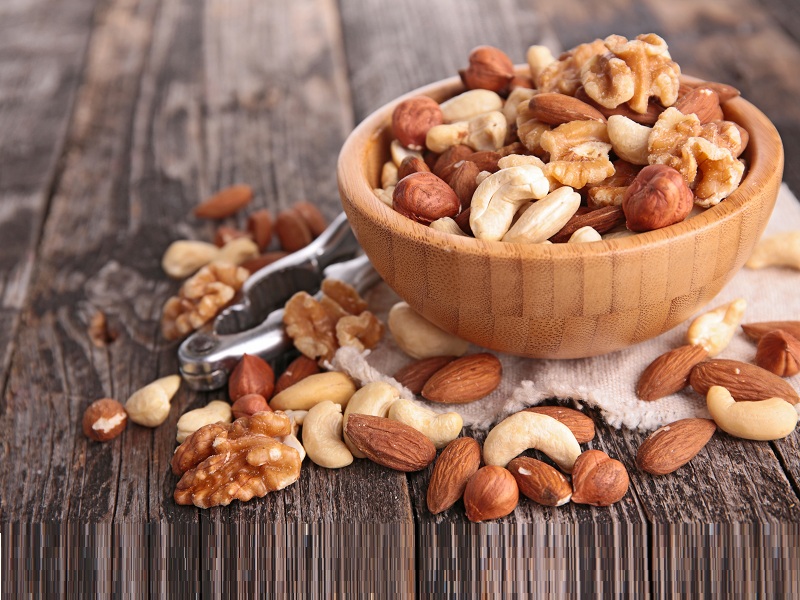
Recognizing the significance of the cashew nut industry as a driver of economic growth, the Indian government has taken several initiatives to support and promote the sector.
A. Financial Assistance to Farmers
To encourage cashew cultivation, the government provides financial assistance to farmers in the form of subsidies for inputs like seeds, fertilizers, and farm equipment. Various agricultural schemes and programs are also implemented to enhance productivity and improve the socio-economic conditions of cashew farmers.
B. Technological Advancements in Processing
Recognizing the importance of technology in the cashew nut processing sector, the government has encouraged the adoption of modern machinery and processing techniques. Financial incentives are provided to cashew processors to upgrade their facilities, invest in more efficient machinery, and improve processing practices.
C. Export Promotion and Trade Fairs
The Indian government actively promotes the export of cashew nuts through trade fairs, exhibitions, and international buyer-seller meets. This allows Indian exporters to showcase their products, explore new markets, and forge strategic partnerships. Such initiatives help in creating global awareness about the quality and variety of Indian cashews.
V. Future Outlook and Opportunities
The future prospects for the cashew nut industry in India appear promising, with several growth opportunities on the horizon.
A. Rising Health Consciousness
As consumers globally become more health-conscious, the demand for nutritious and plant-based protein sources like cashews is expected to rise. This presents an opportunity for Indian cashew nut producers to tap into this growing market trend and position themselves as suppliers of healthy snack options.
B. Increasing Popularity of Plant-Based Diets
The increasing popularity of plant-based diets and the rising number of vegans and vegetarians worldwide provide another avenue for growth in the cashew nut industry. Cashews, being a versatile nut, can be used as a plant-based substitute in various recipes, ranging from vegan cheeses to dairy-free desserts, further expanding the demand for cashew-based products.
C. Product Innovation and Research
To remain competitive in the global market, Indian exporters need to invest in product innovation and research and development. This includes exploring new processing methods, product variants, and value-added offerings to cater to evolving customer preferences. Additionally, enhancing the shelf life and packaging of cashew products can also open doors to untapped markets and increase export potential.
Conclusion
The cashew nut industry in India has witnessed remarkable growth and has become a key player in the global market. With favorable climatic conditions, increased cultivation area, and government support, India is well-positioned to further strengthen its position in the industry. Addressing challenges related to productivity, quality control, and market competition, coupled with embracing innovation and value addition, will enable the industry to capitalize on the rising demand for cashews and unlock new opportunities for growth and export expansion.


